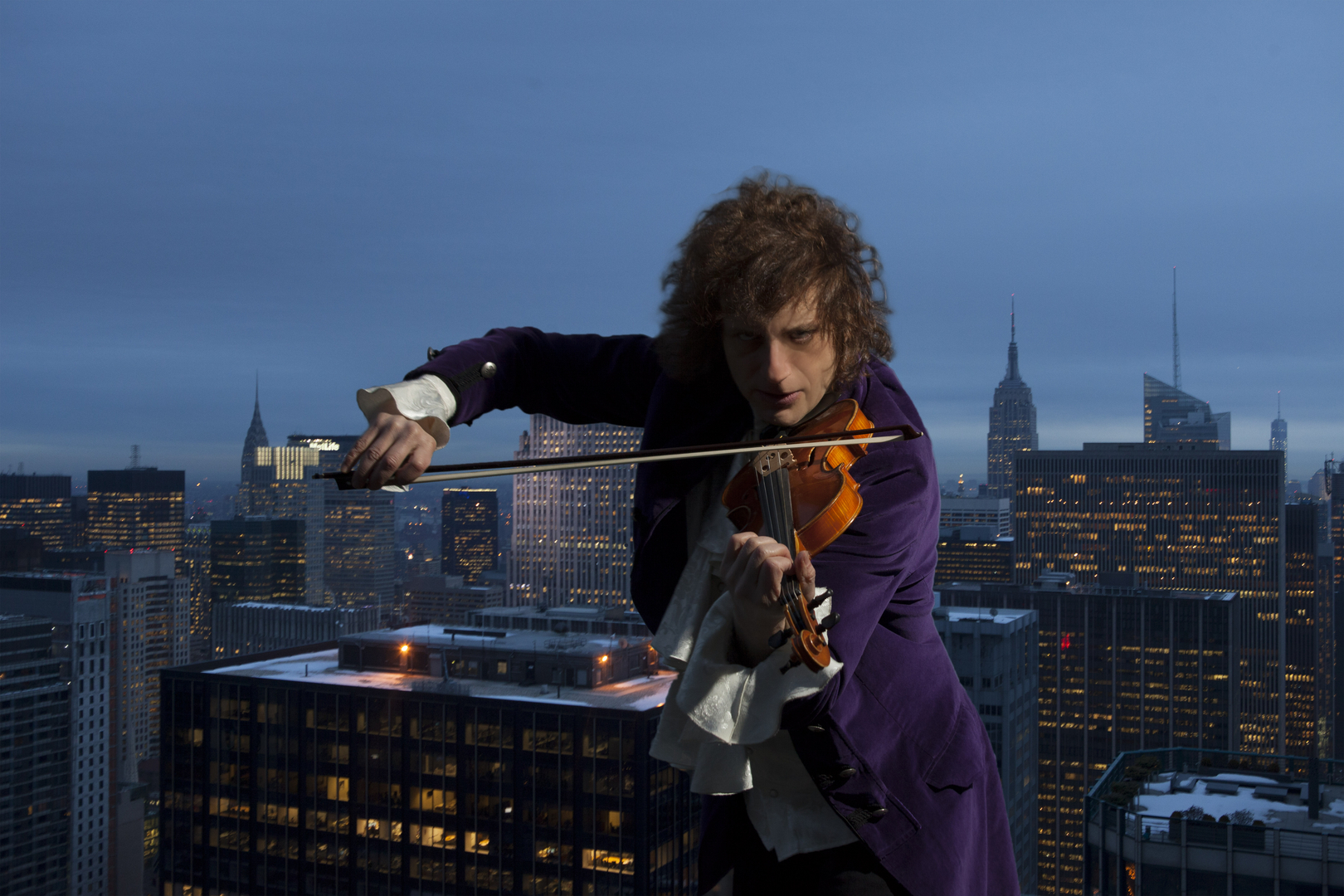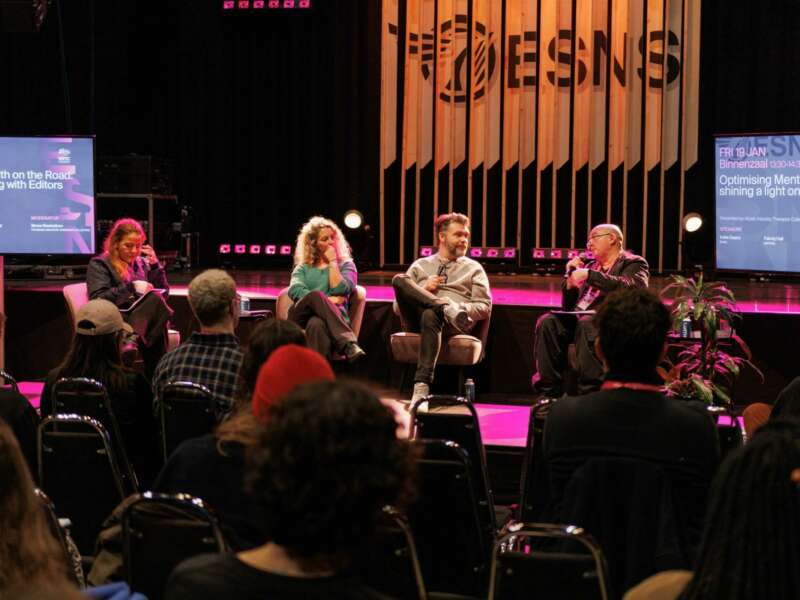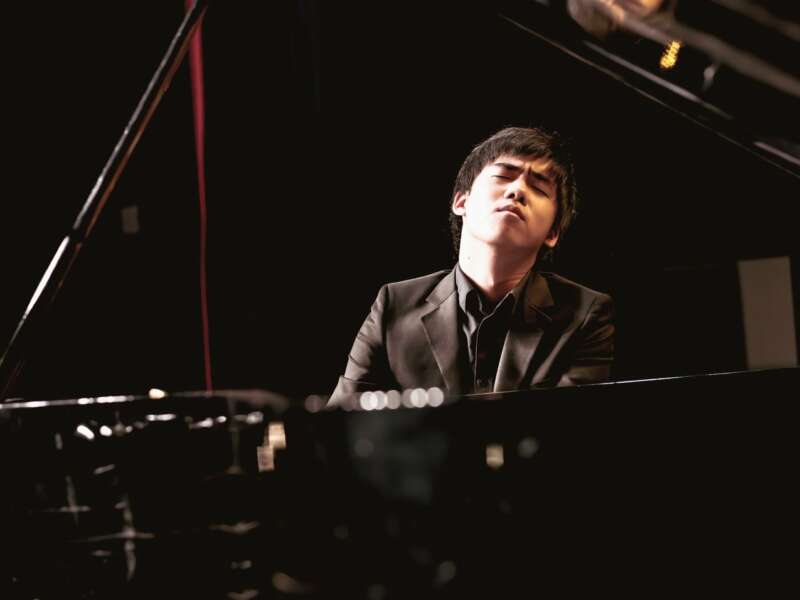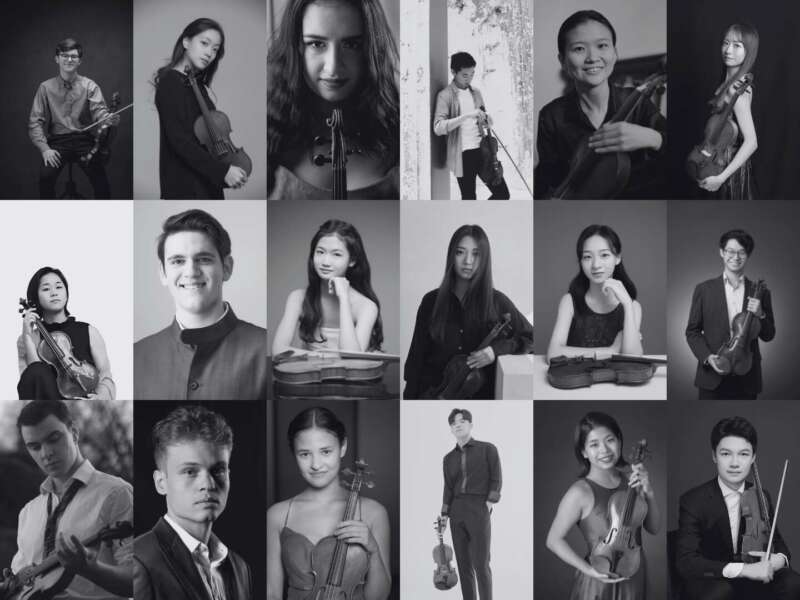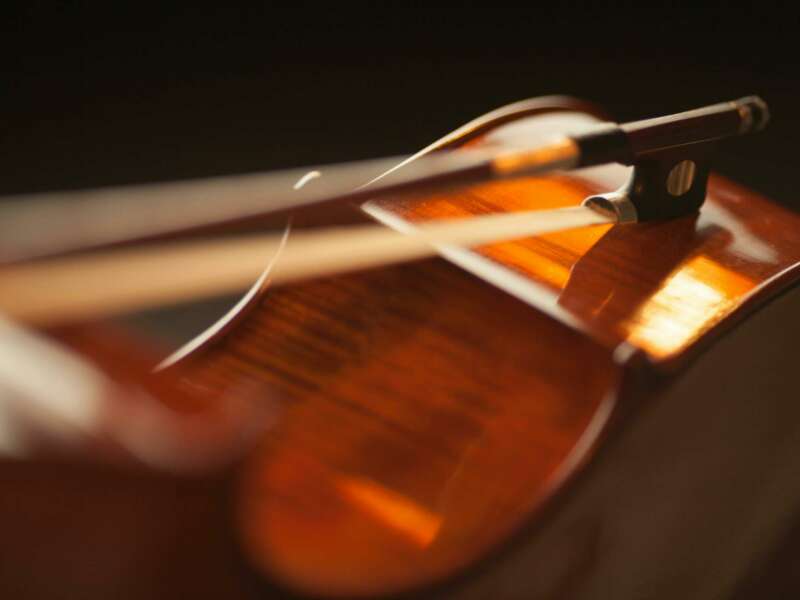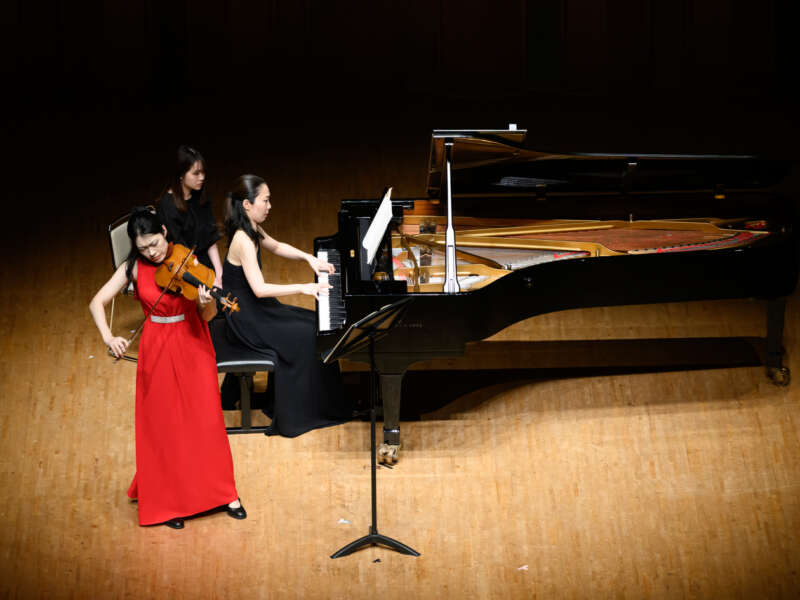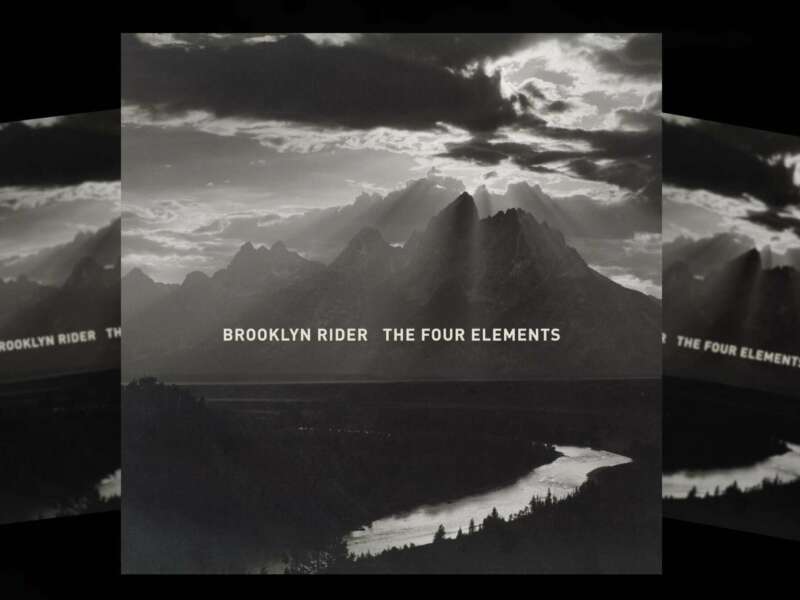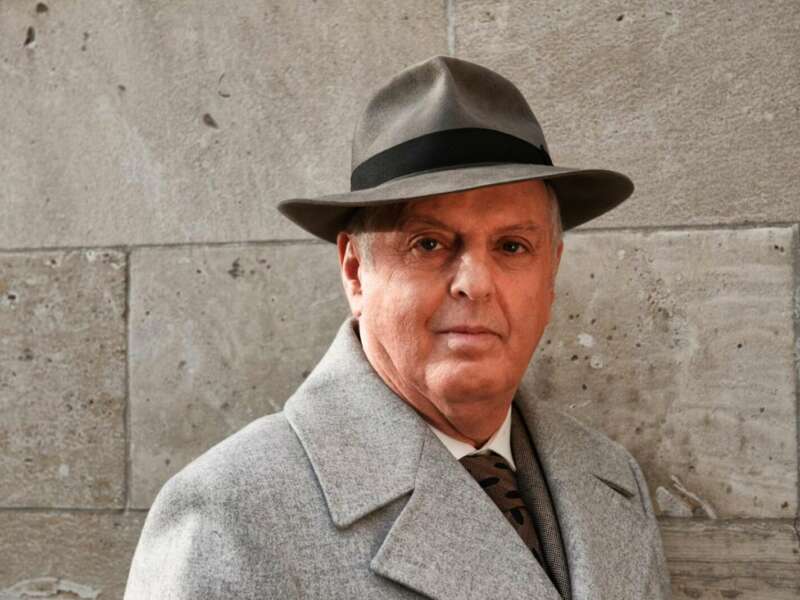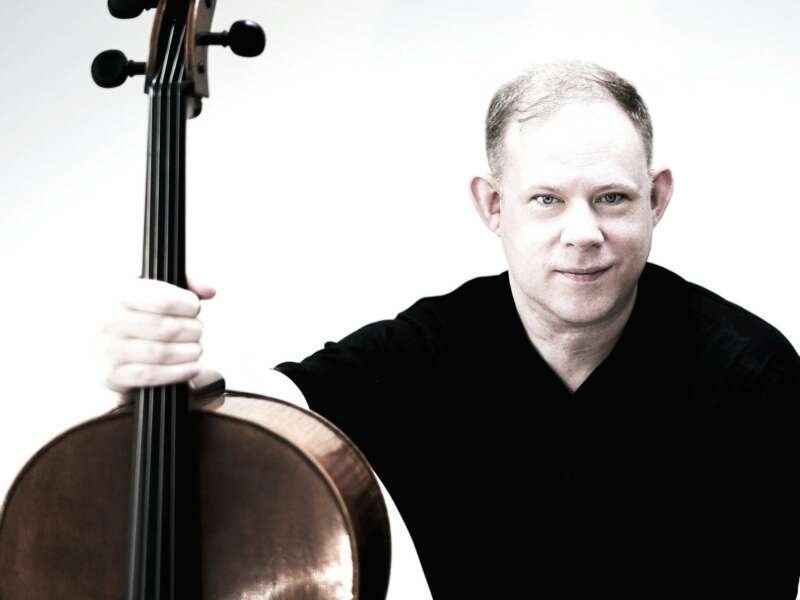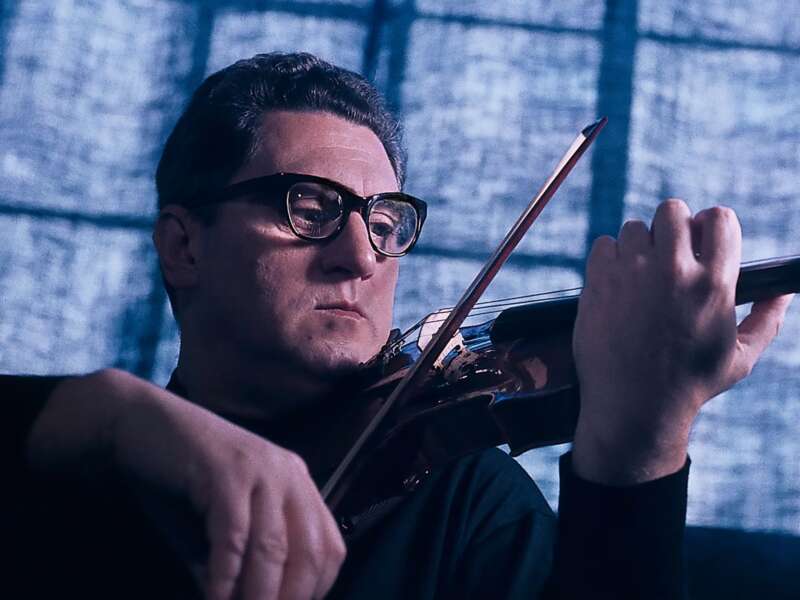Violinist Alexander Markov on Playing Multiple Genres
Ahead of his concert at Carnegie Hall on October 22, we sat down with Markov to learn about his take on being a versatile musician
On October 22, BirdOnAPiano will present a concert entitled “Baroque to Rock” at Carnegie Hall's Stern Auditorium. The concert will feature pianist Christie Julien and violinist Alexander Markov performing baroque, classical, and romantic masterpieces combined with the raw energy of rock music.
An Avery Fisher Career Grant recipient, and the grand prize winner at the Paganini International Violin Competition, Markov has appeared as a soloist with the Philadelphia Orchestra, the BBC Philharmonic, Orchestre de Paris, the Montreal Symphony, the Budapest Festival Orchestra, and the Mostly Mozart Festival Orchestra.
Ahead of his next concert, The Violin Channel had a chance to talk with Markov to learn more about blurring the lines of genre.
Can you tell us about your traditional musical background and training?
I started in Moscow with my father, concert violinist and teacher Albert Markov. His book “System of Exercises" on violin technique is widely known. My mom was also a violinist so I was surrounded by music. When I moved to the USA, I studied at Juilliard but my father has always been my main teacher.
How did you get interested in playing rock music?
When I went to high school, I discovered Rock’n’Roll. It felt like an entirely different musical expression and I found it incredibly impressive and inspiring that rock groups not only perform but also compose their own music.
Who are your primary musical influences? Why?
Aside from my father, I’d say Bach; Mozart; Paganini; Prokofiev and all the guitar bands like Zeppelin, Hendrix; AC/DC; and Van Halen. All of them inspired me deeply in their own unique way while rock gave me a fresh outlet into the modern world. Bach and Mozart were geniuses and Paganini was a punk-rocker of the day
What do you like about performing on the electric violin?
I like discovering new sounds. My violin has six strings so it’s a huge range. It’s extremely exciting if you come up with a new composition, bring it to life, and share it with the audience — and with sound effects like delay, flanger, fuzz, and phaser, you can go to the moon with that! It’s a complete musical freedom of expression.
What are the similarities between the classical and rock genres?
The main similarity, in my opinion, is that if you want to enjoy it and make others enjoy what you do, in the end, it's all about high quality. High quality is what really matters to me regardless of the musical genre.
Why is it important for you to play more than one genre?
When you play more than one genre you become a more versatile and creative musician. So if I "trespass" to rock and then return back to Bach or Prokofiev, for example, I always find new, fresh, and interesting ideas.
Do you think today’s musicians need to be versatile in our industry?
Yes absolutely! With the technology constantly advancing musicians must stay current and be versatile, but it's critical to deliver the highest quality to last a long, successful career.
What can Carnegie Hall audiences expect at the Baroque to Rock concert on October 22? What do you hope they take away from it?
I hope what they take away from it is experiencing new feelings and emotions and hearing some fresh, original ideas and sounds. Christie Julien, a brilliant pianist with whom I’m collaborating, has carefully selected the program and musicians to support our vision.
You can purchase tickets to the October 22 concert, here.
june 2025
july 2025


